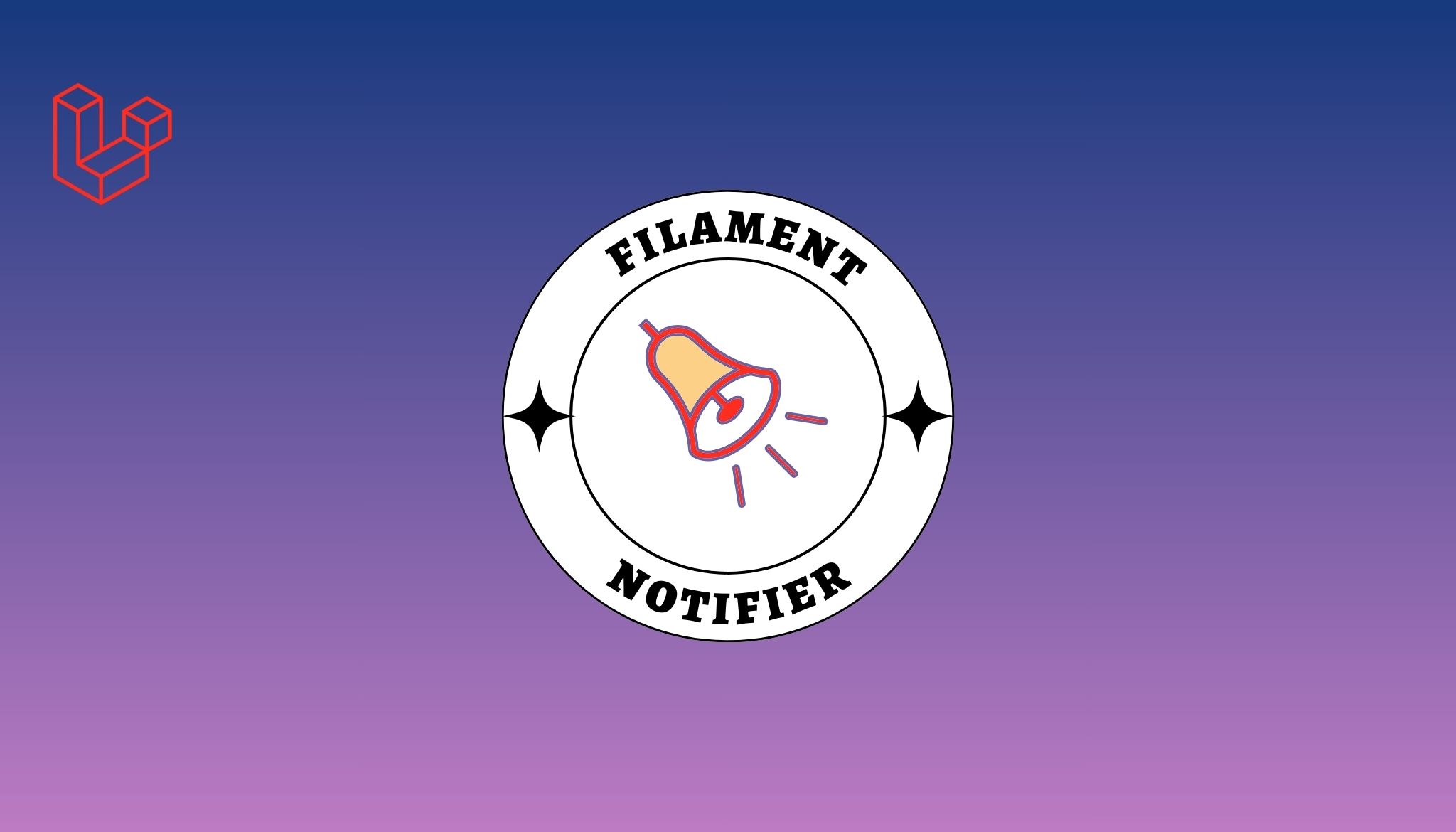Most on page SEO strategies revolve around improving the user experience on your site, which will ultimately lead to more conversions. Ultimately, this will mean more traffic, sales, and revenue for your business. In addition, these strategies will increase your website's search engine ranking.
Internal linking
When optimizing a site for search engine optimization, one of the most important elements is internal linking. Unlike external links, internal links can be easily manipulated, and they signal a site's higher value to Google. Using the correct anchor text is essential to internal linking success.
Also Read: SEO for Travel Sites
Internal links can be included on the homepage, menu, or within the content. These links are useful for pointing users to related content. Whether you’re doing SEO for contractor marketing or for a local business, internal links help search engines measure the value of the content. The more links pointing to a page of significant content, the higher its importance is ranked in search results. When optimizing your internal linking strategy, consider using anchor text that matches the topic of the target pages.
Also Read: Copywriting for Affiliate Marketing
LSI keywords
Incorporating LSI keywords into your content is a smart way to help the search engines better understand your content. This can help you avoid penalties for keyword stuffing and boost your traffic and ranking. However, you should make sure to use them in an organic way and remember to keep your audience's experience in mind.
LSI keywords are very similar to your main target keywords. You can find them when you do advanced keyword research. It is important to remember that they should be natural and not keyword-stuffed, as this may result in penalties from Google. Try to incorporate LSI keywords naturally throughout your content, and make sure to remove target keywords that are awkwardly placed.
Site structure
One of the top on page SEO tips and strategies is to structure your site so that search engines understand what each page is about. For example, a blog should have categories that describe what the blog is about. This makes it easier for the search engines to rank your blog.
Also Read: Tips for SEO Content Writing
Every page on your site should have a title, subtitle, and keywords. Search engines will read these titles better if they are written in a logical order. Titles should be no more than 60 characters long and should be relevant to the content of the page.
Image alt text
Image alt text is a great way to improve your search engine ranking for images. Google's crawlers read the alt text to understand the image, and a good alt text increases the chances of getting clicked on by a searcher. Writing a good alt text doesn't require much creativity, but it will help you look at images through a different lens.
Also Read: off page SEO Analysis
To get the most out of your alt text, make sure that it describes the image you're using. Avoid using vague words that don't describe the photo, like "a group of friends drinking beers at a hotel pool." Instead, write a descriptive description that clearly describes the photo.
URL structure
There are a number of factors that affect the ranking of your pages on Google, and one of these is URL structure. The keywords you use in your URLs are the most important factor, followed by the length of the URL. To keep your URLs short, you should avoid the use of underscores, and instead use dashes.
Good URL structure is also important for both users and search engines. It helps the search engine spider make relevant connections between pages. For example, it is easier for the crawler to identify an item's category if it has an appropriate URL structure. It also gives users another way to navigate the website.
Adding keywords to page titles
Adding keywords to your page title is a great way to boost your SEO. The title of your page is one of the first things a user sees when they enter a search query. It should be descriptive and compelling, so it's vital to make sure your title contains keywords.
Also Read: Best Content writing tips for SEO
Adding keywords to the title tag of your page is not difficult. Besides using the main keyword for your business, use phrases that are related to your products or services. It's also important to mention your brand name, which will increase the likelihood that someone will click on your site.
Adding keywords to meta descriptions
Adding keywords to meta descriptions is a great way to boost your ranking on Google. It also gives users a better idea of what your page is about. However, a meta description is only as good as its content. The key is to make the meta description as clear as possible and include as many focus keywords as possible. If you're unsure of which keywords to use, try using Ubersuggest to help you choose the right ones.
When adding keywords to meta descriptions, make sure that they are relevant and easy to read. Try to avoid keyword stuffing, as this can lead to spammy results. Ideally, your meta description should read like a natural sentence, not an advert. In addition, try to make your meta description as appealing as possible, as the reader should feel interested in reading it.




